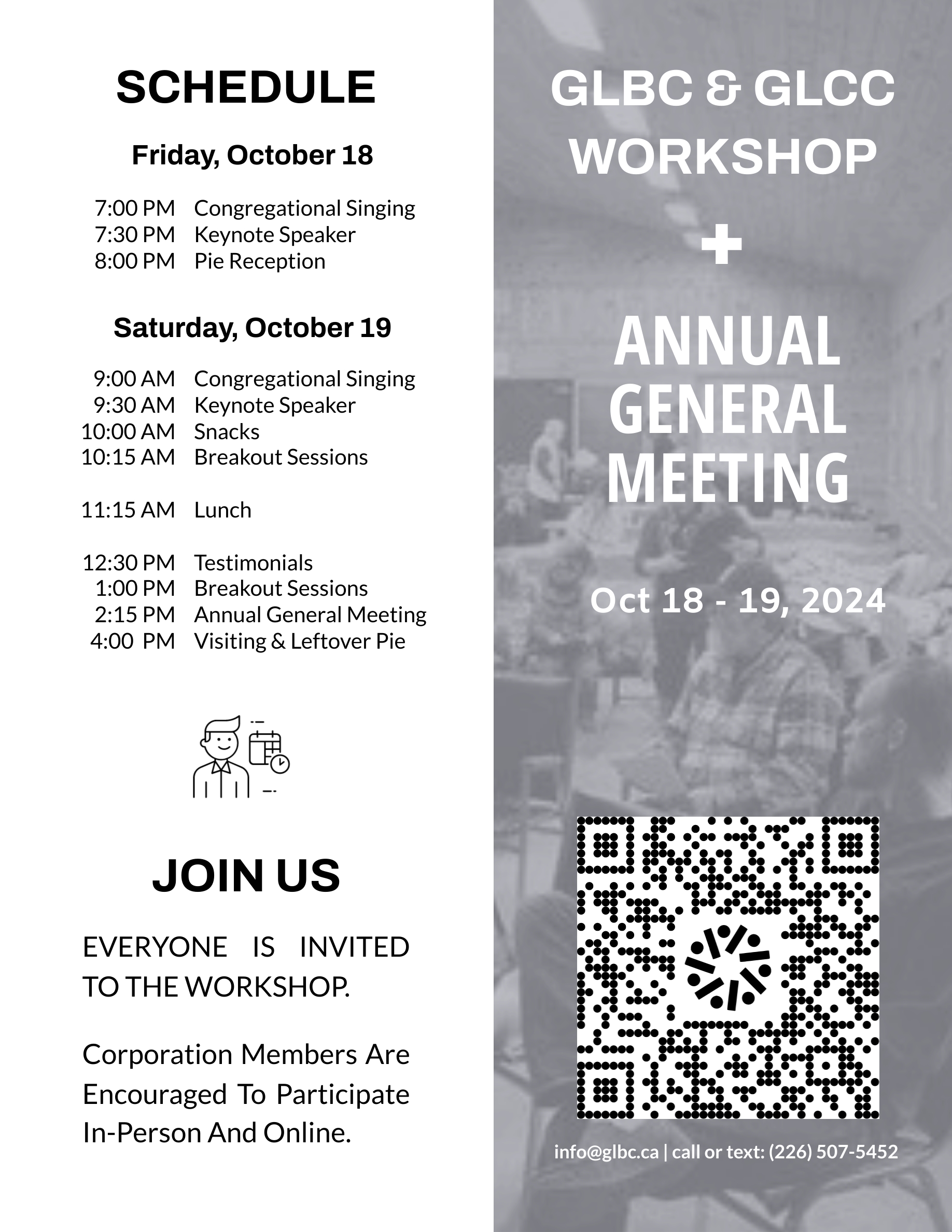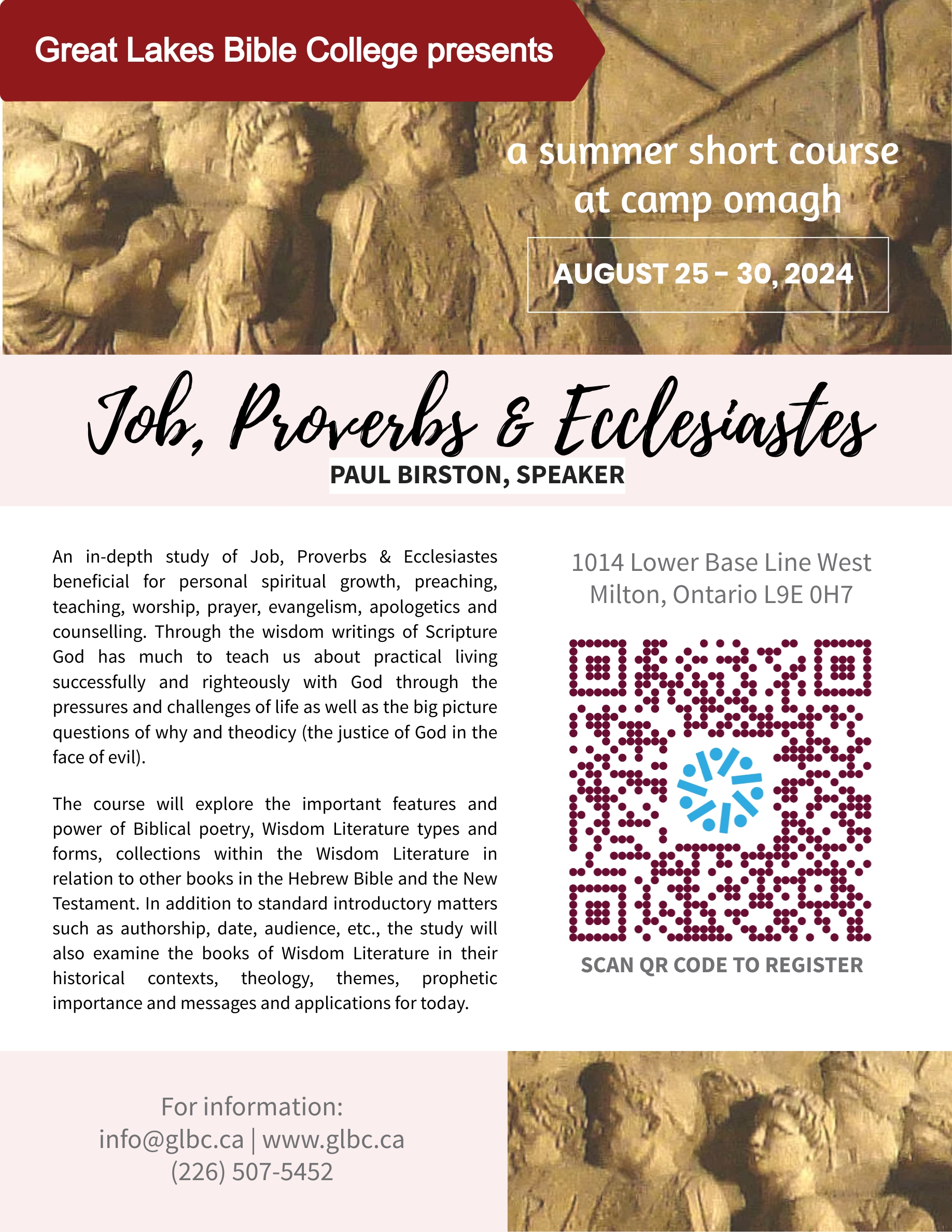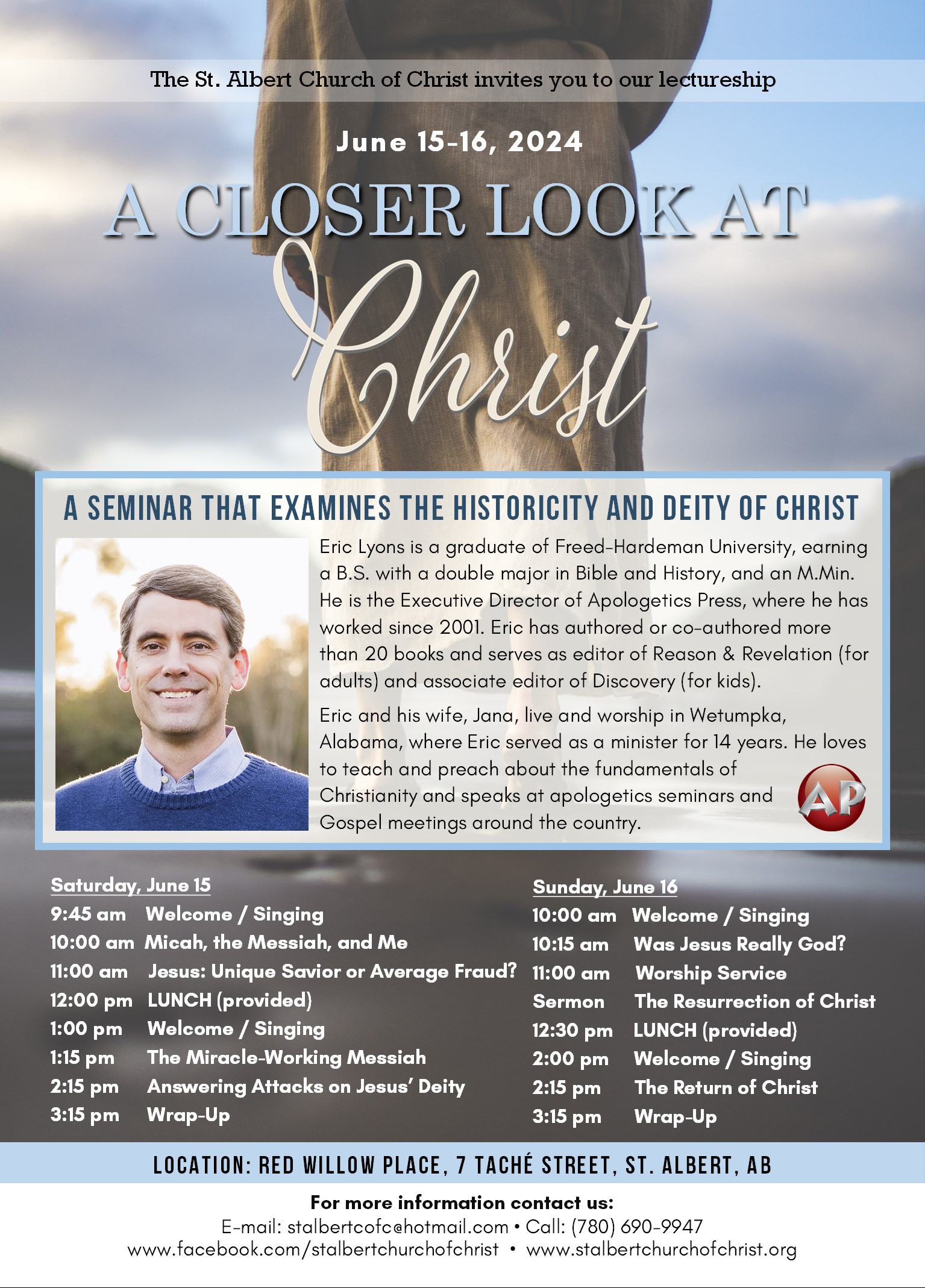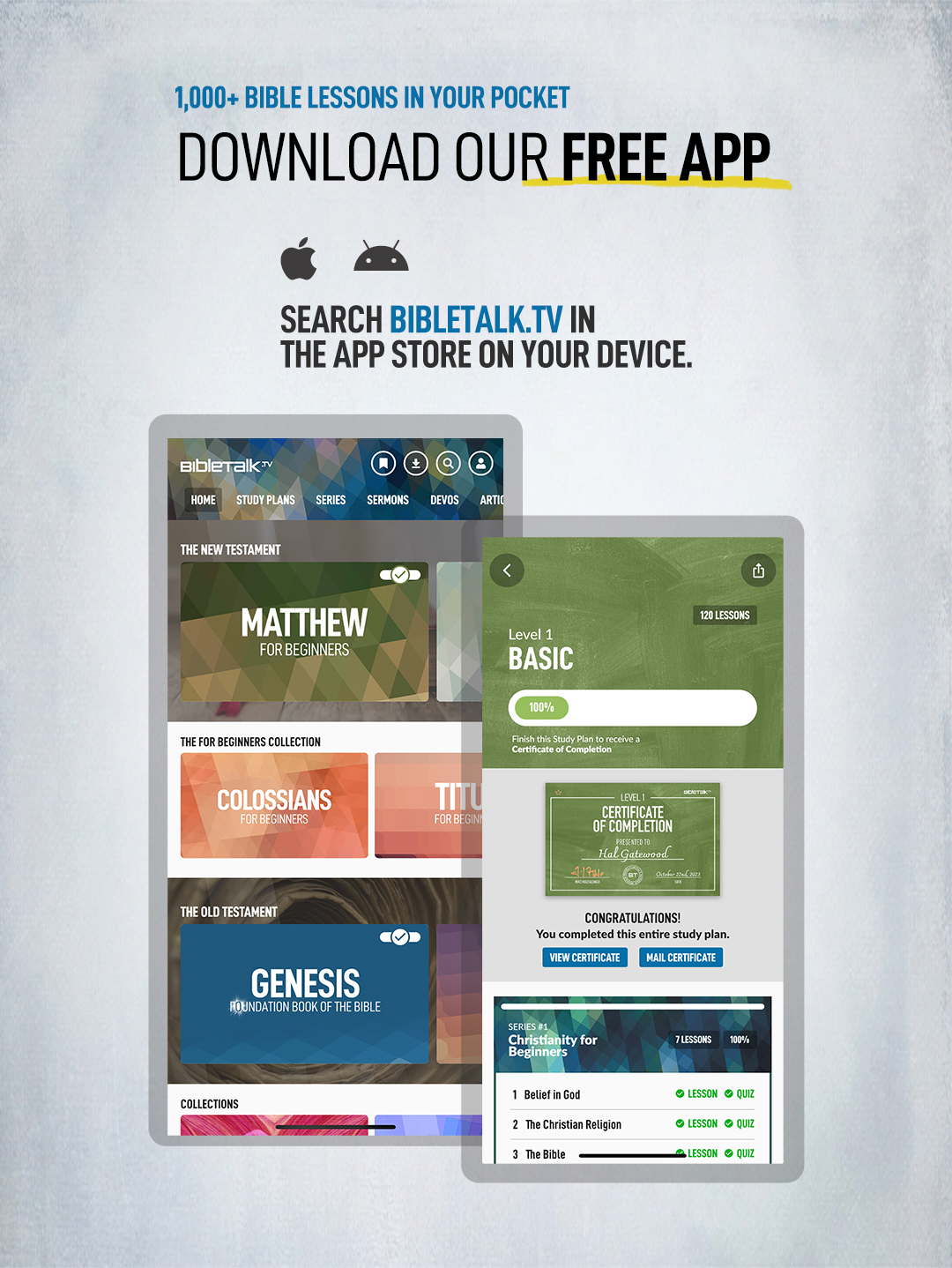“The LORD spoke to Moses in the wilderness of Sinai…” Israel learned many compelling spiritual and practical lessons from the LORD in the wilderness and so can we today. In this brief introduction we look at a few of these valuable lessons.
“In the Wilderness” (Numbers 1:1), the Hebrew title, is perhaps as illustrative of Numbers’ contents as its naming after the two main censuses (literally, “take the sum”) of the men above 20 years of age who are able to go out to war in chapter 1, in the second year after the Exodus and then ca. 38 years later in chapter 26. Throughout Scripture, God’s people, even God’s Son, learn and teach important lessons in the wilderness.
Lesson: God’s Way Is the Best Way vs. Rebellion













This generational interval of the wilderness journey was of course the result of Israel’s rebellion against God during the Exodus and at Sinai.
This is one of the major lessons Israel learned in Numbers: rejecting God and His gift of the Promised Land had consequences, just as rejecting God and His gift of eternal life today has eternal consequences. The rebels would not see the Promised Land but their children would. The rebels were replaced.
The sum of the men of the Exodus generation was 603,550 in Numbers 1:46. The sum of the new generation was very similar at 601,730 in Numbers 26:51. The rebels perished in the wilderness. A new generation entered the Promised land.
Lesson: God Always Continues to Accomplish His Eternal Purposes
Israel’s rebellion brought a serious setback for God’s people but not for His eternal purposes. Through the instructions, wilderness wanderings and events Moses records in Numbers, God moves His eternal purpose of redemption forward from the giving of His commandments at Sinai to the Plains of Moab across from the Promised Land.
In fact, from Creation and the sin of Adam and Eve, all five action-packed books of the Torah look forward to the gospel of Christ, Jesus’ death and resurrection. The gospels is God’s universal answer to the universal problem of sin. Jesus died for our sins in our place and was raised for our justification.
The events of the five books move geographically from Eden to Egypt (Genesis), to Sinai (Exodus), at Sinai (Leviticus), through the wilderness (Numbers), to across the Jordan from the Promised Land and (Deuteronomy). God continues working today.
Lesson: Be Careful What You Ask For
Israel’s rebellion against God and His appointed leaders was so strong they preferred death to His leadership and promises! “And all the sons of Israel grumbled against Moses and Aaron; and the entire congregation said to them, ‘If only we had died in the land of Egypt! Or even if we had died in this wilderness!’” (Numbers 14:2)
God responded to their request. “‘I, the LORD, have spoken, I certainly will do this to all this evil congregation who are gathered together against Me. They shall be worn out in this wilderness, and there they shall die.’” (Numbers 14:35; see Romans 1:16–32; God will let people have their way and will not force them into His kingdom.)
God explained His response clearly and publicly for all generations: “So the Lord’s anger burned on that day, and He swore, saying, 11 ‘None of the men who came up from Egypt, from twenty years old and upward, shall see the land which I swore to Abraham, to Isaac, and to Jacob; for they did not follow Me fully, 12 except Caleb the son of Jephunneh the Kenizzite and Joshua the son of Nun; for they have followed the LORD fully.’ So the LORD’s anger burned against Israel, and He made them wander in the wilderness for forty years, until the entire generation of those who had done evil in the sight of the LORD came to an end’” (Numbers 32:10–13). Caleb and Joshua set the example to follow the LORD fully.
Lesson: God’s Gracious Leadership in Purposeful Planning, Training, Discipline, Reward
Throughout Numbers God continues to reveal His gracious nature and approach to leadership that He showed throughout Genesis, Exodus and Leviticus. In spite of their sin and rebellion, God keeps training imperfect people to work with Him to fulfill His enteral purposes. No one and no thing will stop God from fulling His eternal goal of redeeming all who will follow Him fully as Caleb and Joshua did.
While God gives further explicit instructions for life and worship in Numbers, most of His training in discipleship happens through experiences along the journey just as Jesus taught and trained His disciples on His journeys with them. The structure of Numbers shows God’s integration of life and learning:
1–10 God numbers and prepares His people for the journey and gives a blessing
10–12 The journey from Sinai to Kadesh in Paran
13–20 Spying out the Promised Land, rebellion
20–22 The journey from Kadesh to the Plains of Moab
22–32 Balaam’s prophecies, Israels’ idolatry at Peor, Joshua’s succession
33–36 Israel’s journey reviewed, tribal allotments, Levitical cities
God speaks directly with or through His delegated leaders in every chapter of Numbers. He constantly engages with them through His spoken Word, instructing, guiding and correcting them. Eighteen chapters begin with God speaking directly to Moses (1, 2, 4, 5, 6, 8, 9, 10, 13, 15, 17, 19, 26, 28, 29, 31, 34 and 35) as well as engaging with him many more times.
As He always does, God speaks very clearly. His commands, instructions and corrections leave His people with no doubts about who He is and what He wants them to know and do.
God also listens. He listens to Moses’ brilliant intercessory prayers for His people after His anger was kindled by their complaining (11:10–15; see also Moses’ prayer in Exodus 32:9–14). When Moses faces opposition from the people, and even his siblings Aaron and Miriam (12:1–16), God intervenes to defend him.
Lesson: Learning Leadership, Trust and Humility from Moses
Reluctant leaders are often the best leaders. Ambitious leaders often seek their own ends at the expense of their people. Moses, as we know from Exodus 3–4, was a reluctant leader. Though he claimed not to be “a man of words” (i.e. eloquent; Exodus 4:11), in the crucible of the pressures of leadership he became a powerful speaker and brilliant intercessor as we noted above. Moses learned to delegate and empower others (11:16–17; see also Jethro’s counsel in Exodus 18).
Ambitious leaders are often driven by pride. Pride has a blinding effect. Humility, on the other hand, opens eyes to see and to learn from God. The parenthetic observation in Numbers 12:3 tells us, “Now the man Moses was very humble, more than any man who was on the face of the earth.” Humility is an attribute of the greatest leader of all, of God Himself, “I am gentle and humble in heart” (Matthew 11:29).
Moses was intimately acquainted with the frustrations of leadership. It got the best of him when he hit the rock instead of speaking to it (20:8–13). His trust in God kept Him going. His humility empowered him to accept God’s will that he would see the Promised Land but not enter.
God invested 80 years preparing Moses for his work (40 years in Pharaoh’s palace, 40 in the wilderness). Moses mentored his successor Joshua. Leadership looks ahead.
Lesson: Faith over Fear
The twelve spies “went up and spied out the land from the wilderness of Zin as far as Rehob, at Lebo-hamath” (13:21). Lebo-hamath is near the top of Lebanon. This was a long journey. The majority reported the land “‘ certainly does flow with milk and honey’” (13:27) but they feared the people, their cities and the descendants of Anak. “Then Caleb quieted the people before Moses and said, ‘“We should by all means go up and take possession of it, for we will certainly prevail over it’”(13:30).
Fear outnumbered faith 10 to 2. The majority is not always right, especially in God’s eyes. Israel was a small people surrounded by mighty empires. Caleb and Joshua knew that faith in God is always the right response in challenge, crises and everyday living.
Lesson: Speak God’s Words, Their Literary Power
Balak, king of Moab, hired Balaam to curse Israel. At God’s direction, Balaam did the opposite. His prophecies/discourses (literally proverbs/parables) in favour of God and Israel, are marvelous (Numbers 22–24).
Balaam said he could not help but speak “‘what the LORD speaks.’” “‘If Balak were to give me his house full of silver and gold, I could not do anything contrary to the command of the LORD, either good or bad, of my own accord. What the LORD speaks, I will speak’” (24:13).
From the LORD through His word come the power to save, deliver and direct the steps of His people in His will. Jesus, the Living Word, is His ultimate revelation. His gospel is “the power of God for salvation” (Romans 1:16–17).
Numbers is a wonderful example of the many genres and literary power of God’s written and spoken words. While it is a book of Torah (law, teaching, instruction, direction), it has internal genres within its narrative that add to its power: dialogue, prophetic poetry, parable.
Lesson: Avoid Idols of All Kinds
While God was with Moses on Mount Sinai the people down below worshiped the golden calf. Similarly, immediately after Balaam’s vivid prophecy of God’s blessing of Israel, we read in Numbers 25:1–3, “While Israel remained at Shittim, the people began to play the harlot with the daughters of Moab. 2 For they invited the people to the sacrifices of their gods, and the people ate and bowed down to their gods. 3 So Israel joined themselves to Baal of Peor, and the LORD was angry against Israel.”
At times throughout its history, Israel has synchronised its belief in God with idolatry, including sexual immorality. Idolatry, including sexual sin, and synchronism are huge temptations today as they were then. Numbers is a wake up call for believers of every generation to focus on God and examine ourselves to make sure we are not synchronising our faith in Him with practices that are clearly at odds with Him and His commands which are ultimately for our good, and profoundly, originate in His character: love, holiness, righteousness, mercy, justice…
Lesson: Keeping Track of God’s People
What can we learn from censuses and genealogies? God knows all His people by name, individually and collectively. God cares about every one. God works through all who are willing to work with Him.
We learn to value our spiritual ancestors. We learn the lessons God taught them to live His will in our generation and pass it on to the next.
Keeping track also helps us to see progress or needs, to know who’s missing, who’s in danger, to make sure none are ignored or left behind, that we help meet their spiritual and practical needs.
Lesson: Numbers in the New Testament
Jesus used the incident of the golden serpent from Numbers to prophetically illustrate the saving power of His crucifixion, “‘And just as Moses lifted up the serpent in the wilderness, so must the Son of Man be lifted up, 15 so that everyone who believes will have eternal life in Him’” (John 3:14–15; Numbers 9:12; See also how Jesus adds more detail to this prophecy of the cross in John 8:28; 12:34).
The preservation of Jesus’ body following His crucifixion fulfills God’s instructions regarding the Passover lamb, “’For these things came to pass, that the Scripture might be fulfilled, ‘Not a bone of Him shall be broken’” (John 19:36; Numbers 9:12; Exodus 12:46; Psalm 34:20).
In His Sermon on the Mount Jesus quoted Numbers 30:2, “Again, you have heard that the ancients were told, ‘You shall not make false vows, but shall fulfill your vows to the LORD.’ 34 But I say to you, make no oath at all, either by heaven, for it is the throne of God, 35 or by the earth, for it is the footstool of His feet, or by Jerusalem, for it is the city of the Great King. 36 Nor shall you make an oath by your head, for you cannot make one hair white or black. 37 But let your statement be, ‘Yes, yes‘ or ‘No, no‘; and anything beyond these is of evil” (Matthew 5:33).
We noted the importance of God knowing His people by name and their holiness. Paul reminds Timothy of this, “Nevertheless, the firm foundation of God stands, having this seal, ‘The Lord knows those who are His,’ and, ‘Let everyone who names the name of the Lord abstain from wickedness’” (2 Timothy 2:19; Numbers 16:5)
In addition to these direct quotations, New Testament writers include approximately 70 allusions and verbal parallels to Numbers.
Our Awesome God
Through Numbers our awesome God continues to reveal many encouraging things about Himself. He is faithful. He continues to work out His eternal purposes of redemption. He speaks His life-giving commandments with perfect clarity. He teaches practical lessons in the midst of life on the go. He prepares His people for leadership, to work with Him and to make the journey to the Promised Land, ultimately to eternal life in heaven with Him.
Waterloo, Ontario

